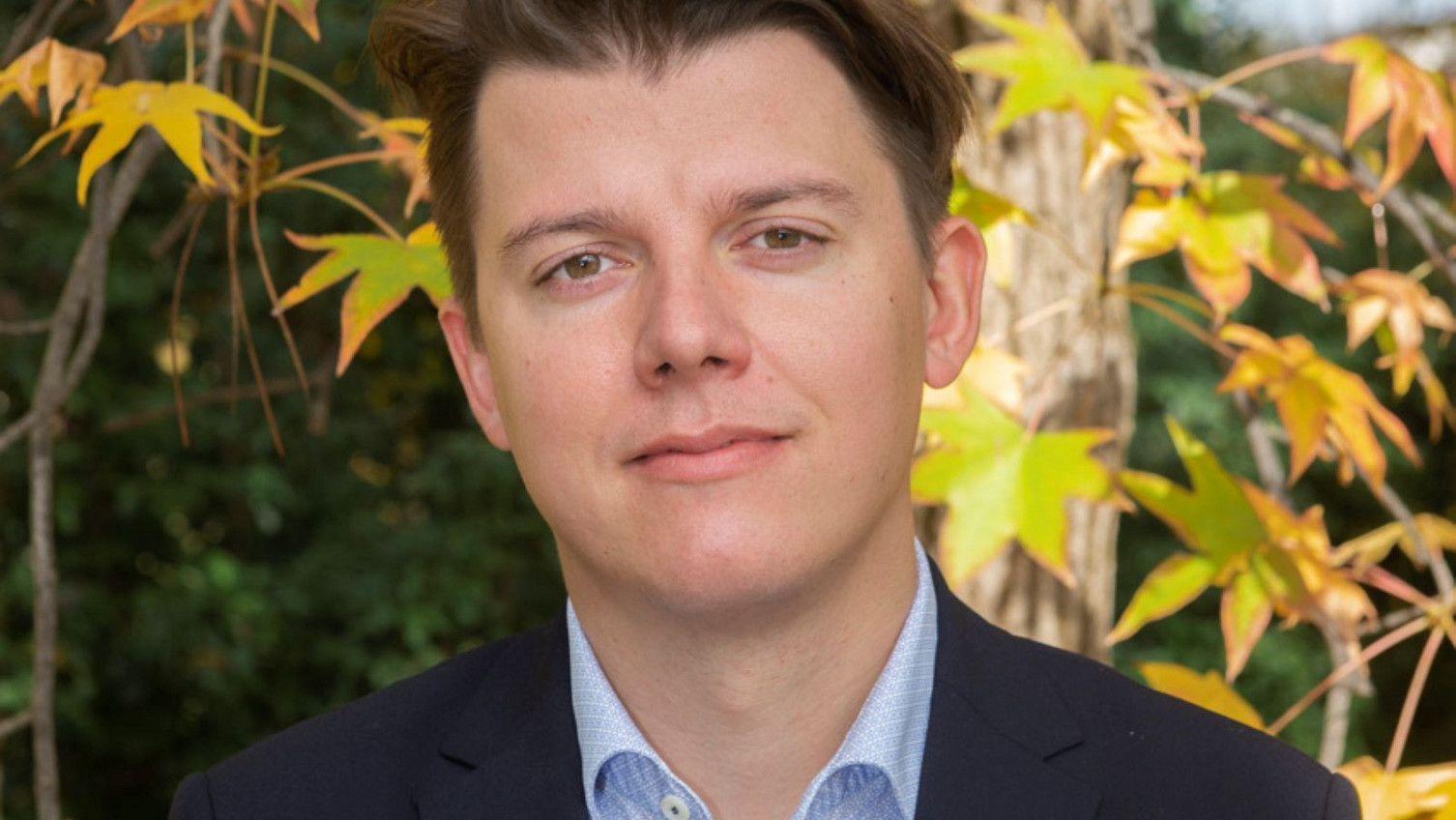Doctoral Thesis Award: Dr. Lars Döpking – How Taxes Shape the State
2025-02-17 The dissertation on Italian tax statehood was already awarded with the Leuphana Doctoral Thesis Award in 2023. Now the sociologist has also received the Max Weber Award for Young Researchers. Lars Döpking is doing research in Rome today.
Dolce Vita, corruption, debt – and once again, the German Michel is footing the bill? “After the outbreak of the debt crisis in 2011, German media outlets in particular were circulating this narrative. But in fact, since the 1990s, Italian taxpayers have been paying more taxes than Germans in relation to the country's economic output,” explains Dr. Lars Döpking.
In his approximately 500-page dissertation, “Fiscalized Domination. Transformations of the Italian Tax State, 1946-2018,” he traced the history of Italy from the perspective of the tax authorities: “Taxes arguably establish one of the most stable and yet often barely perceived relationships between states and their citizens in capitalist democracies,” the researcher explains. In Italy, for example, the debt crisis led to riots and even suicides among the self-employed who were unable to pay their tax debts. The background to this was a rigid budgetary policy. It was only the “Whatever it takes” speech by the then ECB President Mario Draghi that eased the tensions.
Lars Döpking was awarded the Leuphana Doctoral Prize for his work as early as 2023 and has now received the Max Weber Prize for Junior Research, which is awarded by the Max Weber Center for Advanced Cultural and Social Studies. The prize, endowed with a total of 1500 euros, is sponsored by the Sparkassenstiftung Erfurt and awarded every two years for outstanding dissertations or habilitation theses in the field of interdisciplinary cultural and social science research: “For me, both awards are a special honor,” says Lars Döpking. Leuphana particularly praised the “triad of theoretical depth of field, clear objectives and empirical richness of detail” in his research.
Lars Döpking studied sociology, political science and gender studies in Göttingen. “There I was already working in a highly interdisciplinary way,” he reports. This methodology continued in his dissertation at Leuphana: “My research focus is historical sociology.” Leuphana gave him the space to conceptualize and realize his extraordinary attempt to develop a “sociology of the tax state”. “I benefited greatly from the accompanying seminars and colloquia, as well as from the exchange with fellow students,” explains the alumnus. Lars Döpking also imparted the knowledge from his research in several seminars. In 2024, he took on a visiting professorship at the Institute of Sociology at the University of Graz.
Today, the native of Westphalia is habilitating at the German Historical Institute in Rome. Founded in 1888, the Istituto Storico Germanico di Roma is one of the oldest of Germany's historic foreign institutes. It has been part of the Max Weber Foundation – German Humanities Institutes Abroad (MWS) since 2002 and is financed by the Federal Ministry of Education and Research (BMBF).

